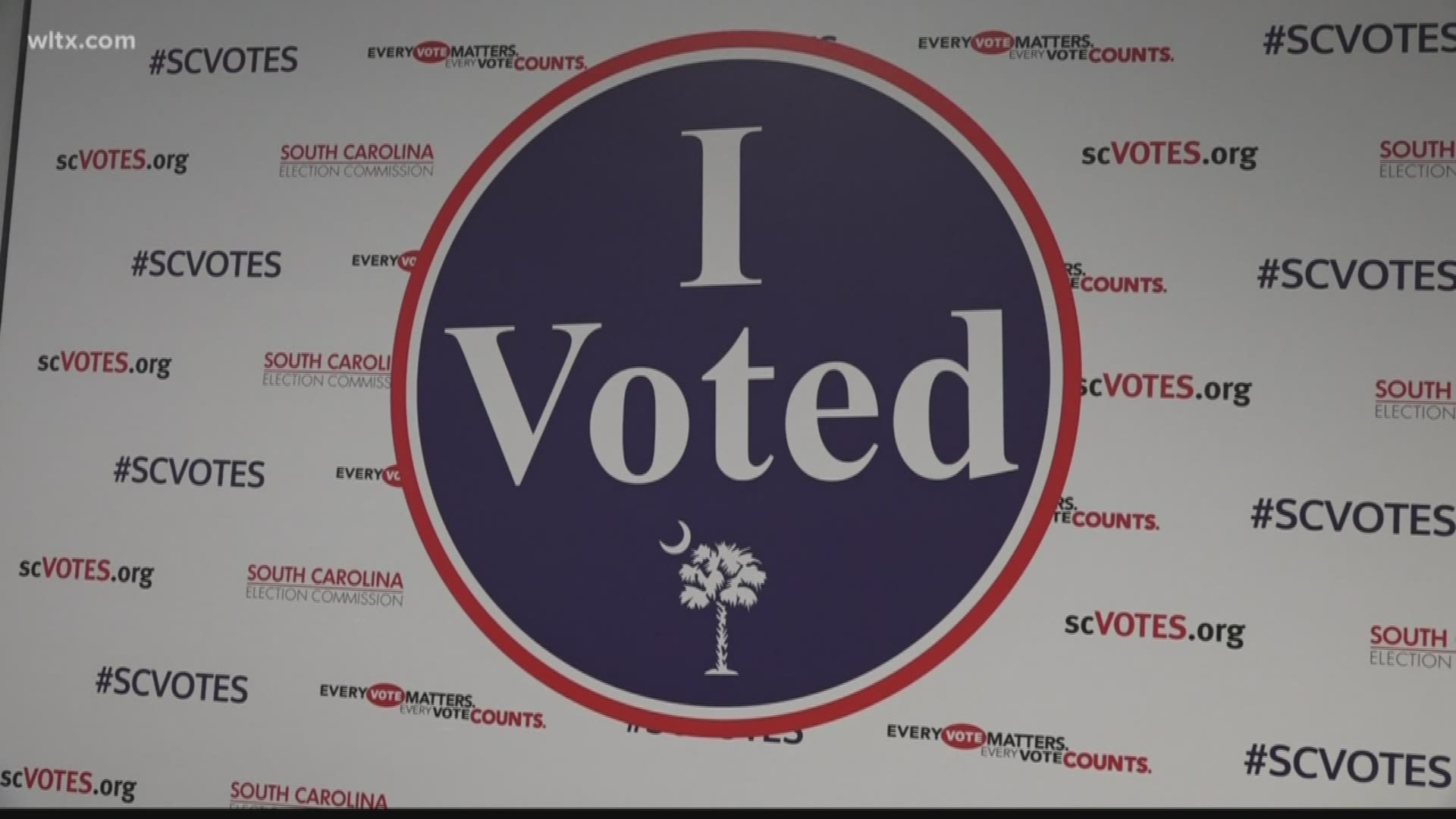COLUMBIA, S.C. — This weekend the South Carolina Republican Party decided not to hold a presidential preference primary in 2020.
The move has gained attention as former South Carolina Governor Mark Sanford (R) announced his intention to challenge President Donald Trump (R).
“Presidential primaries [are] purely the choice of the party whether to have one number one, and then number two, what date that primary will be,” said Chris Whitmire with the State Election Commission.
The only requirement is that the parties inform the Commission at least 90 days before the selected primary date, according to state law and the Commission.
To have the option of organizing a primary, the party must also have received at least five percent of the state's popular vote in the previous presidential election.
“There's no law that says that South Carolina is going to have a presidential preference primary every four years for both parties,” Whitmire continued.
Filing fees for individual candidates and rules for nomination are handled by each party, and then a lump sum for the number of candidates is given to the state after that, according to Whitmire.
After the date and candidates are decided by the parties, the Commission handles the logistics of the primary.
In a statement this weekend, the state GOP gave several reasons for the decision:
- “As a general rule, when either party has an incumbent President in the White House, there's no rationale to hold a primary, just as South Carolina Republicans did not hold one in 1984 or 2004, and Democrats did not in 1996 and 2012. With no legitimate primary challenger and President Trump's record of results, the decision was made to save South Carolina taxpayers over $1.2 million and forgo an unnecessary primary. President Trump and his administration have delivered for South Carolinians, and we look forward to ensuring that Republican candidates up and down the ballot are elected in 2020.”
Whitmire said using past averages, a GOP primary would have cost an additional $1.2 million, after the Democrat's February primary will cost $2.2 million to conduct. Whitmire said it’s not the same amount due to base costs once at least one of the parties plans a primary.
University of South Carolina political science professor Robert Oldendick says the move was not unexpected.
“We have some precedent on both the Republican party and on the Democratic side. The situation where you're likely to skip a primary is if you have an incumbent president and that president is popular, then the purpose of having the primary is almost a foregone conclusion,” Oldendick said.
The professor has worked at USC for three decades, specializing in elections and voting behavior.
Oldendick claims the state GOP violated its own 2-year notifying period to hold or not hold a primary. In his opinion, a legal fight from potential GOP challengers would likely be unsuccessful due to vagueness in GOP state party rules.
In reply, Republican South Carolina Communications Director Joseph Jackson directed WLTX to a separate section of state party rules.
It reads in part, “These Rules shall be interpreted and applied so as to substantially accomplish their objectives. All records and lists required by the Rules shall be in writing. The spirit and not the letter of each Rule shall be controlling. Substantial compliance with a Rule shall be sufficient.”
Jackson’s emphasis in the email is italicized above.
Governor Henry McMaster did not reply to our request for comment about the state party’s decision.

